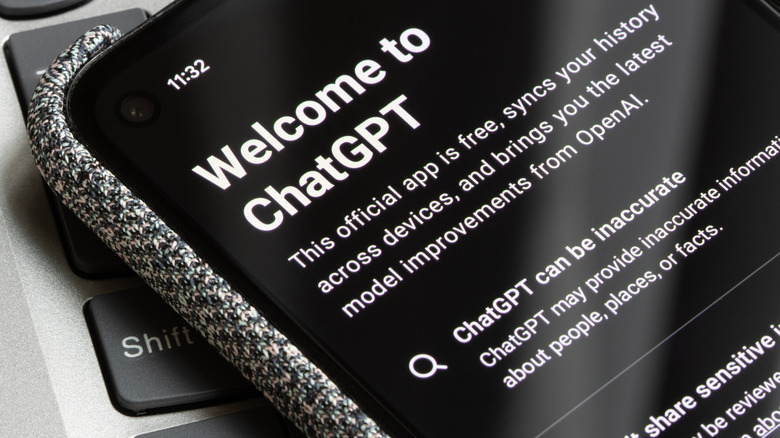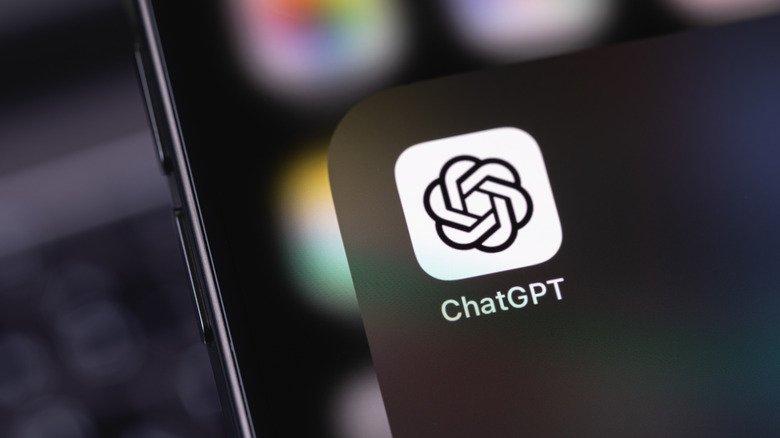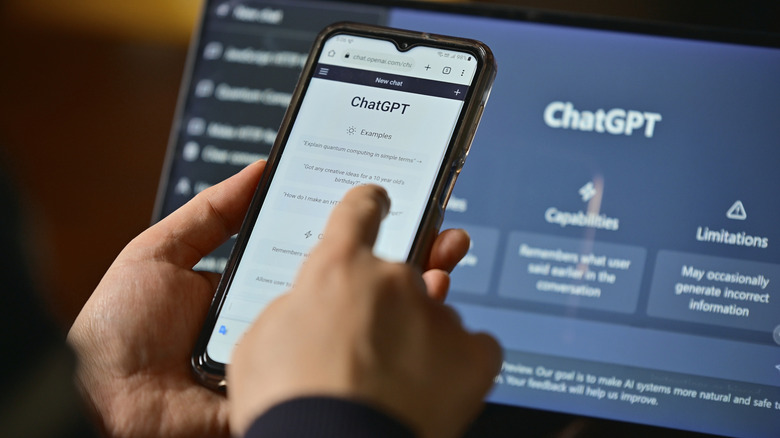When it hit the market in 2023, ChatGPT shook the world in more than one way, and there is no sign of it slowing down. OpenAI, the company behind ChatGPT, revealed in December 2024 that it has 300 million active weekly users. Around one billion messages are sent on the platform each week, while 1.3 million developers in the United States alone have built applications and services powered by its AI technology.
According to data compiled by Backlinko, ChatGPT’s lowest-tier subscription plan, ChatGPT Plus, has more than 10 million subscribers, while the Enterprise solution has over a million. It is unclear how many users ChatGPT Pro — the most expensive subscription tier at $200 per month — has, but it is estimated to account for approximately 6% of OpenAI consumer sales. Millions of developers, marketing professionals, and journalists also rely on the tool for a wide range of tasks.
These data points demonstrate just how ubiquitous ChatGPT’s has become, and suggest that being banned from the service would cause significant hardship and disruptions for countless individuals and organizations that depend on it for daily operations. By the way, yes, you absolutely can get banned from using ChatGPT. Here’s what you need to look out for.
What can get you banned from ChatGPT
So, what can get you banned from using ChatGPT? To answer this question, the first thing we did, naturally, was ask ChatGPT. It listed the following as “common reasons” for bans: illegal content sharing and illegal activities, harassment, threats, abuse, spamming, manipulation or hacking of the system, privacy violations (sharing others’ personal information without their consent), and generating harmful content.
When the question was rephrased to, “Is it possible to get banned from using ChatGPT?” the bot produced a nearly identical response. While ChatGPT does not hallucinate as much as other AI, it’s still prone to making up information (rather confidently) when it does not know the answer to a question, or misunderstands the context of it. This time, however, ChatGPT got the answer right — Open AI’s usage policies are, unsurprisingly, more detailed than the chatbot’s response, but the basic gist is the same.
With that said, the company’s usage policies also touch upon the API platform, building with ChatGPT, and the GPT Store. More or less the same rules apply, though there are few points worth mentioning. For example, it is explicitly stated that “generating campaign materials personalized to or targeted at specific demographics” is disallowed, just like “generating or promoting disinformation.”
How ChatGPT detects violations and bans users
Open AI’s usage policies say that a “combination of automated systems, human review, and user reports” is used to identify and evaluate potential violations. “Violations can lead to actions against the content or your account, such as warnings, sharing restrictions, or ineligibility for inclusion in GPT Store or monetization,” the document states.
This is found under the “Building with ChatGPT” section but likely applies more broadly. ChatGPT appeared to confirm that it does when we asked it to explain how OpenAI detects violations and bans users. Interestingly, it also said that OpenAI’s automated systems detect patterns in abusive behavior, and that certain keywords can trigger review or account restrictions — this is not explicitly stated in the usage policies. And when we asked ChatGPT whether an OpenAI ban applies only to a user’s email account, or also includes their IP address or payment details, it provided a vague response but acknowledged that the technical methods OpenAI uses have not been made public.
Discussions within the OpenAI community suggest that IP bans occur. Though there are complaints about users’ credit cards being declined, it is unclear if OpenAI has implemented a policy that automatically triggers a ban based on that alone. However, one should probably assume that the company uses identifiers beyond email or phone number to enforce bans. Whatever the case may be, you should not violate OpenAI’s usage policies if you want to continue using ChatGPT.
Source: http://www.slashgear.com/1790032/chatgpt-violations-ban/
 intell
intell



